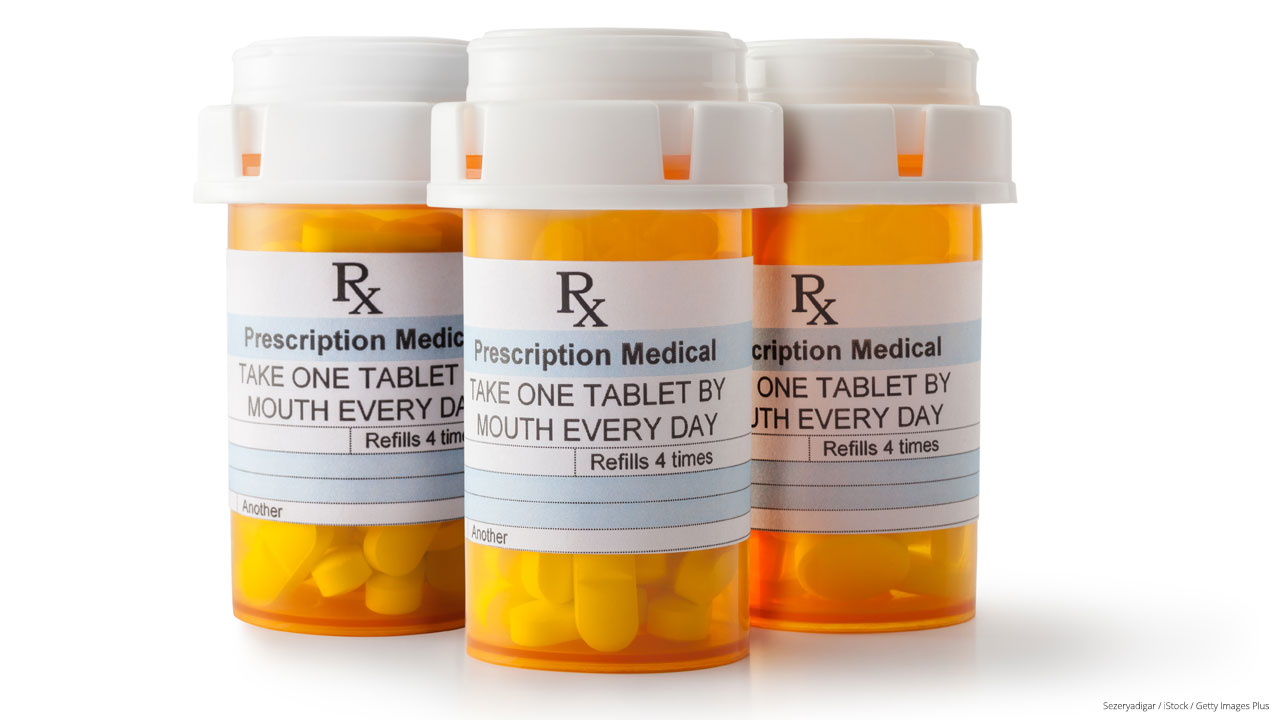What Exactly Are Medicaid and Medicare?
If you’re 65 or older or caring for someone with a disability, you may have some familiarity with Medicaid and Medicare. But when it comes down to the details, you may feel a bit confused. HealthMarkets explains some of the key differences for better understanding Medicaid and Medicare. Here’s Medicare and Medicaid explained.
What Is Medicare?
Original Medicare (Parts A and B) is a federally facilitated health insurance program for Americans who are 65 or older and some younger people with disabilities or diseases such as end-stage renal disease (ESRD).

Signed into law in 1965, Medicare also covers those who:
- Have received at least 24 months of Social Security disability benefits or a disability pension from the Railroad Retirement Board (RRB).
- Have amyotrophic lateral sclerosis (Lou Gehrig’s disease).
Prior to turning 65, most people have insurance through their employer, their spouse’s employer, or an individual health insurance policy. When you turn 65, you can use Medicare as your only insurance option or in tandem with insurance you have through an employer, spouse, or former employer.
 Medicare Doesn’t Cover Everything
Medicare Doesn’t Cover Everything
While Original Medicare (Parts A and B) will pay for medically necessary services, it does not cover every healthcare need. Unless you have additional insurance or fall into a low-income bracket, you will probably still pay some premiums, deductibles, and copays. Some services, such as dental and vision, don’t fall under the Original Medicare umbrella. So, additional coverage can come from either Medicare Supplement plans or Medicare Advantage. Coverage will vary by plan.
What Is Medicaid?

Medicaid, a federal program administered by state governments, helps provide health coverage to eligible Americans with limited incomes. States determine eligibility, set payment rates, and decide the scope of what Medicaid covers outside of mandatory eligibility groups, such as low-income families.
States must also decide what services are covered by their Medicaid plans. However, there are some federal standards that must be met by every plan. Here is a Medicaid breakdown of some services that must be included in coverage:
- Inpatient and outpatient hospital services
- Home healthcare for eligible individuals
- Nursing facility services for individuals over age 21
- Lab and X-ray services
- Federally qualified health center (FQHC) services and ambulatory services
Because each state sets its own eligibility standards, qualification can depend on income, age, disability status, citizenship, and other factors. To see if you qualify, you’ll need to research your state’s particular requirements.
What Is the Difference Between Medicare and Medicaid Programs?
The difference between Medicare and Medicaid programs is that Original Medicare (Parts A and B) is administered strictly by the federal government, while Medicaid is managed by both federal and state officials. The Medicaid and Medicare programs also differ in that your income doesn’t matter for Medicare eligibility, whereas Medicaid coverage tends to be for those with a lower income level.
Who Qualifies for Medicare and Medicaid?
Those who qualify for both Medicaid and Medicare are referred to as “dual eligible.” The federal government determines Medicare eligibility, but Medicaid eligibility is determined by individual states. If your expenses aren’t covered by Medicare alone, it is worth seeing if you qualify. HealthMarkets can help determine whether you have Medicaid and Medicare dual eligibility and help you enroll in a plan that fits your needs.
What Does Medicaid Cover When You Have Medicare?

When you have Medicare, Medicaid covers some additional types of prescription drugs and other forms of care. Provided you have dual Medicaid and Medicare coverage, a large portion of your healthcare expenses would probably be covered.
Will Medicaid Pay My Medicare Premium?
Yes, Medicaid can pay your Medicare premium, depending on your situation. If you have Medicaid and Medicare, you will likely be enrolled in a Medicare Savings Program (MSP). An MSP can provide payment for a Medicare Part B premium, as well as offer other types of aid.
For more information on MSPs, contact your local Medicaid office.
How Do I Get Medicare and Medicaid?
Looking to determine your eligibility for Medicaid, Medicare, or both? HealthMarkets can show you what kinds of coverage you may qualify for by asking just a few questions. If you’re eligible for both Medicaid and Medicare, a licensed insurance agent can help you find the right Dual Eligible Special Needs Medicare Advantage plan for your needs. If you don’t qualify for both, you can still get a free quote for a Medicare Supplement plan, or shop, compare, and enroll in a Medicare Advantage plan today. Get started!
